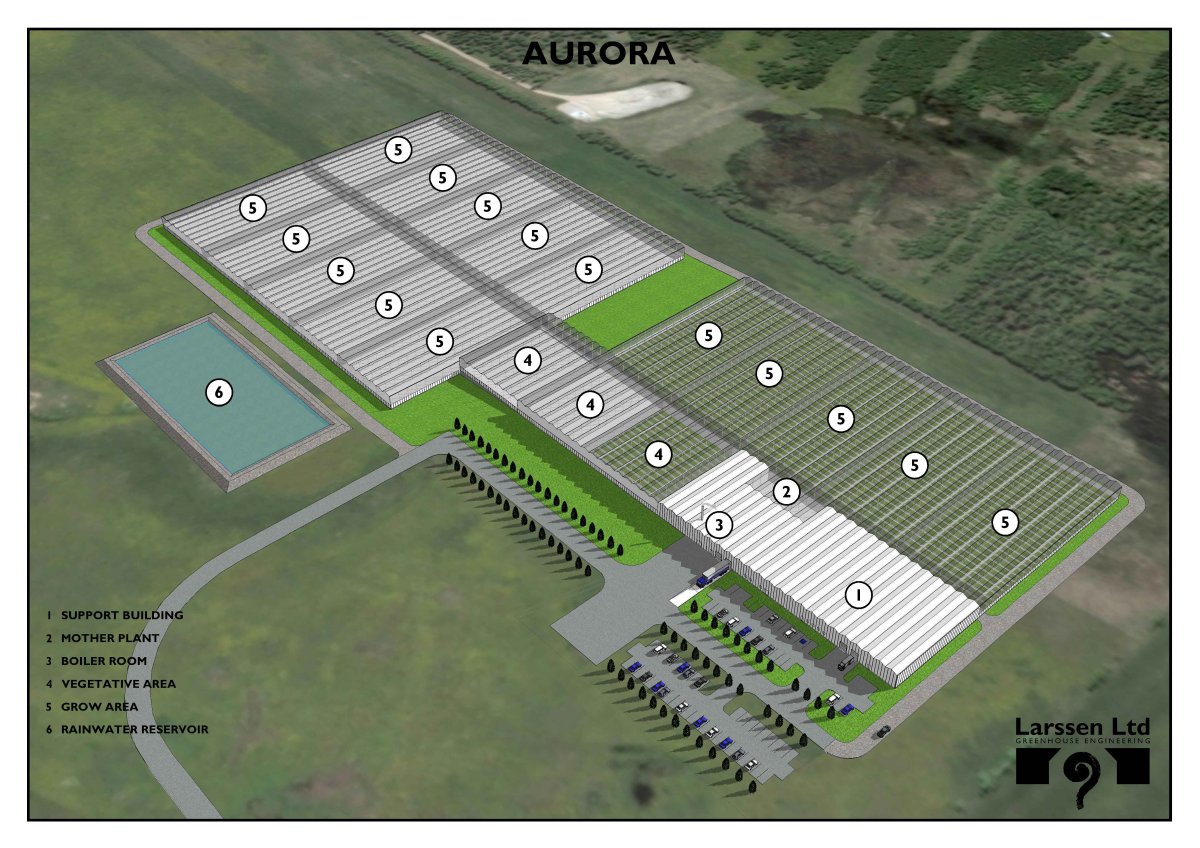The forthcoming announcement from the Liberal government on marijuana legislation has Canadian law enforcement looking to Parliament Hill for direction on enforcement.

A formal framework has yet to be unveiled. According to a CBC report Sunday, the Trudeau government is expected to announce marijuana will be legal in this country come July 1, 2018.
READ MORE: Canada to legalize pot by July 1, 2018: report
“We need about 2,000 drug-recognizance experts to do the job properly,” said Mario Harel, president of the Canadian Association of Chiefs of Police (CACP). “We have about 600 right now.”
It is a shortfall the CACP does not believe law enforcement will be able to make up in short order.
“We need more training and it’s going to be a long process. We have to realize that we won’t have enough police officers trained by next year.”
While the supply would be regulated by the federal government, it would be up to the provinces to come up with distribution plans and they could also set their own age limits.
READ MORE: City of Edmonton works to put pot plan in place with legalization looming
“We are concerned about ensuring the safety and health of young Albertans and we’re also concerned about ensuring that we don’t somehow kick-start another black market,” Alberta Premier Rachel Notley said Monday.
Colorado State Patrol officers have been dealing with the effects of legalization on their turf for years.
READ MORE: Four more states vote to legalize recreational marijuana
“For law enforcement, it might be a shock at first that this is actually happening,” Major Steve Garcia said. “I think the moment you can get over that shock and actually begin to develop strategies and objectives to make your community safer, based upon the new culture that exists, you’ll be better for it.”

Get daily National news
Garcia recommends lawmakers in Canada look at providing secondary funding to police. It could be used to train officers in advanced techniques to detect impaired drivers.
“We’re very fortunate that the Colorado legislators did provide some money from the tax revenues that were brought in from the sale of legalized marijuana,” he said. “And Colorado law enforcement has benefited from that through enhanced training to enhanced programs.”
“Our main priority is protecting public health and safety, including keeping marijuana out of the hands of children, and ensuring road safety,” Kathleen Ganley, Alberta’s Minister of Justice and Solicitor General, said in a statement. “We know this issue is complex and will require all levels of government to work together. We will review the federal legislation once we receive it.”

WATCH ABOVE: July 1, 2018 is the date the Trudeau government is aiming for to legalize marijuana in Canada. But there’s still questions about where it will be sold and how to keep it from kids. Tom Vernon reports.
Pot grower Aurora Cannabis currently supplies medicinal marijuana to about 10,000 customers, but has been preparing for a future that includes recreational sale. The company said the federal government’s news is as anticipated.
“They’ve indicated that they will be introducing legislation of the week of April 10th and it will go through a full and comprehensive legislative process — no shortcuts — but they expect that the implementation of consumer legalization will be done before Canada Day 2018,” said Cam Battley, Aurora Cannabis senior vice president of communications and medical affairs.
The company has built a hybrid greenhouse facility larger than 16 football fields in Leduc County, Alta. The company said the 800,000 square foot “Aurora Sky” production facility will have the capability of producing 100,000 kilograms of marijuana per year.

WATCH ABOVE: When it comes to marijuana and people’s attitude towards the drug, the times are changing. Now, Leduc County in Alberta is set to cash in on changing rules and perceptions. Vinesh Pratap filed this report in November 2016.
Aurora believes the facility’s location near the Edmonton International Airport will provide access to transportation, industrial infrastructure, power, water, gas and courier services. The pot grower said the location will also make it easier to export pot to its customers in Canada and eventually to other countries where marijuana is already legal.
“Once cannabis is legalized for consumer use, we will be serving not just the medical market but also the consumer market, and will be doing it with the highest quality cannabis in the world,” Battley said.
READ MORE: Medical pot grower Aurora Cannabis expands to Edmonton airport
A CIBC report last year estimated the size of the national recreational cannabis market at up to $10 billion.









Comments